Could Your Tax Bill in Retirement Be TOO BIG?
05-30-2024
By Steve Gibson

May 30, 2024
Retirement is supposed to be the golden years, a time to relax and enjoy the fruits of your labor. But what if the tax man comes knocking, and your retirement income isn’t as golden as you hoped? For many, the shock of hefty tax bills in retirement can be a rude awakening. However, with some foresight and planning, you can potentially reduce your tax burden significantly. One powerful tool in your arsenal is the Roth conversion.
What is a Roth Conversion?
A Roth conversion involves moving money from a traditional IRA or 401(k) into a Roth IRA. Unlike traditional retirement accounts, where you get a tax deduction on contributions but pay taxes on withdrawals, Roth IRAs are funded with after-tax dollars. This means you pay taxes on the money now, but all future withdrawals are tax-free, assuming certain conditions are met.
Why consider a Roth conversion? Here are a few reasons:
- Tax-Free Growth: Once your money is in a Roth IRA, it grows tax-free. This can be particularly advantageous if you expect to be in a higher tax bracket in the future.
- No Required Minimum Distributions (RMDs): Traditional IRAs require you to start taking distributions at age 73, which are taxed as ordinary income. Roth IRAs do not have RMDs, allowing your money to continue growing tax-free.
- Estate Planning Benefits: Roth IRAs can be a tax-efficient way to leave money to your heirs. Beneficiaries of Roth IRAs can withdraw money tax-free, potentially saving them a substantial amount in taxes.
Why It’s Important to Think About Roth Conversions Now
The decision to convert to a Roth IRA should be made with careful consideration of your current and future tax situation. Here are a few key reasons why acting sooner rather than later might be beneficial:
- Current Tax Rates: Tax rates are relatively low right now, but they might not stay that way. Future tax hikes could make Roth conversions more expensive if you wait.
- Market Conditions: Converting in a down market can be advantageous. You’ll be paying taxes on the current, lower value of your investments, and when the market rebounds, all the growth will be tax-free.
- Longer Time Horizon: The younger you are when you convert, the longer your investments have to grow tax-free. This can amplify the benefits of a Roth conversion over the long term.
Crunching the Numbers
Deciding whether a Roth conversion makes sense for you involves some number crunching. Fortunately, there are tools available to help. My Retirement Tax Bill Calculator allows you to see how much you could save over your lifetime by converting to a Roth IRA.
This calculator takes into account your current tax rate, expected future tax rates, the amount you plan to convert, and other factors. By inputting your specific details, you can get a personalized view of the potential tax savings and make a more informed decision.
Real-World Example
Let’s look at an example for a 64-year-old to illustrate the potential benefits of a Roth conversion. Suppose you have $100,000 in a traditional IRA. If you keep this account as is, you’ll need to start taking RMDs at age 73. These withdrawals will be taxed as ordinary income, and any growth in the account will continue to be tax-deferred but not tax-free.
If you convert to a Roth IRA, you’ll pay taxes on the $100,000 now, but from that point on, any growth and withdrawals are tax-free. Assuming a 7% annual return and a 30-year time horizon, the difference in total taxes paid could be substantial.
According to our analysis, converting to a Roth IRA could save you over $92,000 in taxes over your lifetime compared to keeping your traditional IRA and taking RMDs. This example underscores the potential long-term tax savings of a Roth conversion, though actual results will vary based on individual circumstances, tax rates and market conditions.
Conclusion
A large tax bill in retirement can significantly impact your quality of life. By considering strategies like Roth conversions now, you can potentially reduce your future tax burden and keep more of your hard-earned money. Use my Retirement Tax Bill Calculator to explore your options and make informed decisions about your retirement planning.
Remember, while Roth conversions can offer significant benefits, they aren’t suitable for everyone. Consult with a qualified financial advisor to understand how a Roth conversion fits into your overall retirement strategy. The key is to act now and plan ahead, so you can enjoy a more financially secure retirement.
